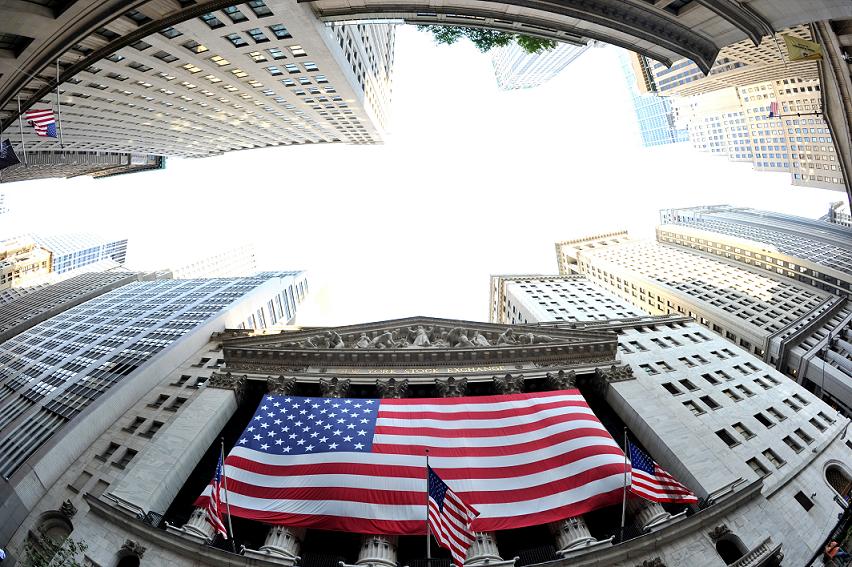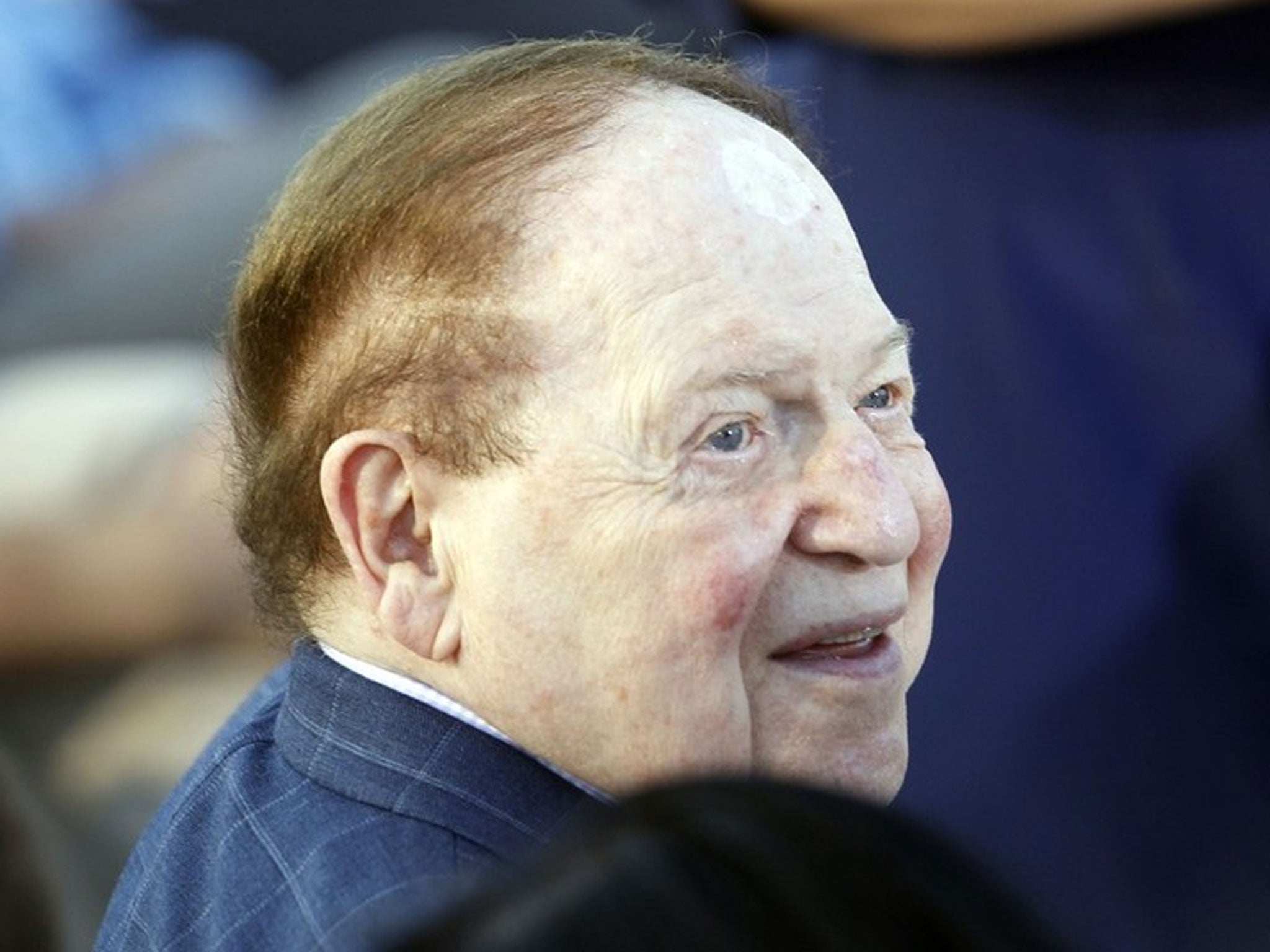Dissent is slowly building against the billions spent on presidential campaigns – even among politicians
In the 2014 congressional mid-terms, parties and candidates spent $3.7bn. This time, the figure will be far higher


In the long and dispiriting history of attempts to reform the way America’s political campaigns are financed, a small footnote already belongs to an improbable hero: a Florida postman named Doug Hughes.
Hughes, you may recall, earlier this month piloted his gyrocopter – little more than a moped with a helicopter rotor on top – across 30 miles of the world’s most heavily guarded airspace to land on the West Lawn of the Capitol building. How on earth was he not forced down or shot down, fulminated the outraged legislators within; have no lessons been learnt since 9/11?
That particular mystery persists. Far less of a mystery, however, and of far greater importance, was why he did it in the first place. A postman’s job is to deliver the mail. And Hughes was delivering 535 letters from himself, one for each congressman and senator, demanding something finally be done to reduce the malign influence of anonymous big money on the US political process.
Right now, election campaigns are in progress on opposite sides of the Atlantic. The British one, which formally began just four weeks ago, will be over in 10 days’ time, with each candidate having been permitted to spend up to £38,000, plus either 6p or 9p per voter in his constituency. On top of that comes party spending (£31m in the 2010 general election).
In the US, such sums are chicken feed. The 2016 presidential campaign has long since begun, even though the finish line is still more than 18 months off, and the money involved is mind boggling. In the 2014 congressional mid-terms, parties and candidates spent $3.7bn. This time, with the White House at stake, the figure will be far higher, maybe $5bn or more.
It’s all very well trying to put that 2014 sum in context – barely half of what Americans splash out for Halloween, and a third of their outlay on dry cleaning, it has been noted. The difference, of course, is that ordinary people buy pumpkins and take their clothes to the cleaners. Money for what should be the no less universal practice of elections is increasingly channelled through a few individuals of extraordinary wealth.
Forty years ago, amid disgust over the seedy practices exposed by Watergate, things seemed headed in a different direction. Political donations were limited, and every one over $100 had to be disclosed, while a powerful regulatory body, the Federal Election Commission, was set up, along with a system of public financing of elections with money specifically earmarked by taxpayers.
All that has been blown out of the water by a series of Supreme Court decisions. The most famous of them, the Citizens United case of 2010, removed the ban on political spending by corporations and unions. Two other rulings have broadly given a green light for anonymous contributions, and removed the limits on personal contributions. In short, anything goes. The FEC, paralysed by the partisan split between the three Democrats and three Republicans on its board, is dead in the water, as is the notion of public financing of elections.

Instead, new spending vehicles, the so-called Super-PACs, have sprung up, supposedly independent of specific parties or candidates (but which aren’t), and which can raise unlimited funds. Then there are the super-rich individuals such as the brothers Charles and David Koch, whose conservative network has budgeted almost $1bn for the 2016 campaign, and the gambling magnate Sheldon Adelson, said to be looking kindly on Marco Rubio, the current flavour of the month in the 2016 Republican field.
But something odd is happening: a backlash from the public and even from a few politicians actually hunting such largesse. Enough is enough, they say; more disclosure, at the very least, is essential. The most striking symbol of public discontent was Doug Hughes, now back in Florida awaiting trial. The latter include Republicans Chris Christie, the New Jersey governor and South Carolina’s senator Lindsey Graham – both eyeing a 2016 run – and, wait for it, Hillary Clinton.
Yes, the overwhelming favourite for the Democratic nomination may be one of the most untransparent politicians around (see Secretary of State: deleted emails, passim) while the opaque finances of the philanthropic Clinton Foundation are scrutinised in a new book by the conservative academic Peter Schweizer – who, it should be said, in the interests of political evenhandedness promises to turn a similar microscope on the Republican front-runner Jeb Bush. But now Clinton demands a constitutional amendment mandating full disclosure of campaign contributions.
It is easy to be sceptical. Jokes have been around since the dawn of the republic about the US political system being the best that money can buy; voters are resigned to the fact that big bucks will inevitably find a way into the process. Politicians including President Obama have promised action, but when elected do nothing. Nor will restrictions be easy to reimpose, given the primordial importance of the free speech provision enshrined in the Constitution, and on which the Supreme Court based its rulings.
But this time, things might just be different. For one thing, the media will be following the money as never before, and no candidate wants a string of articles portraying him or her as the puppet of some plutocratic benefactor. Second and more important, the controversy over big money in politics is part and parcel of an issue at the heart of the 2016 campaign, the growing social inequality between rich and poor, and the pervasive sense that the system is rigged in favour of the wealthy.
All votes are equal, it is said – but not those of voters prepared to spend millions of dollars to influence the outcome. In politics as in life, there is no such thing as a free lunch. Big donors, implicitly or explicitly, expect quid pro quo, while the small guys can expect nothing. Except that small guys such as Doug Hughes think otherwise.

Join our commenting forum
Join thought-provoking conversations, follow other Independent readers and see their replies